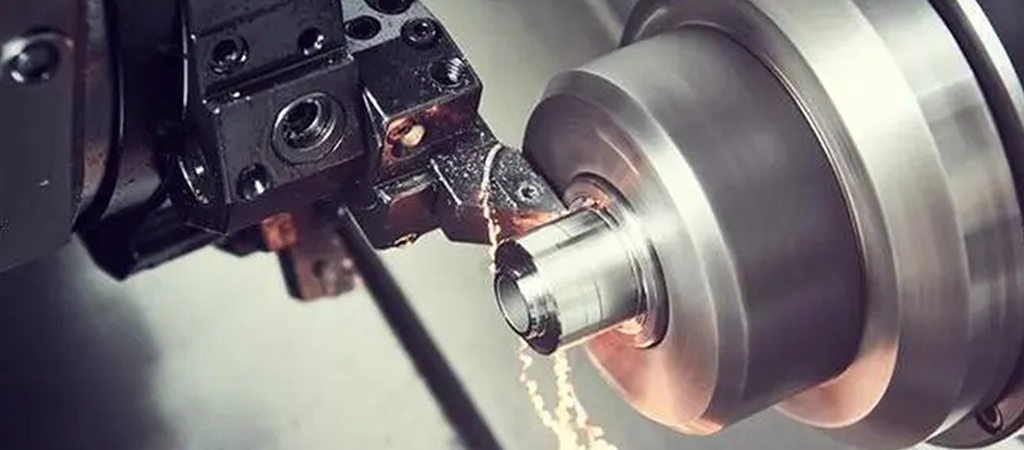
Premium aluminum materials, characterized by lightweight properties (density ~2.7 g/cm³, 1/3 of steel), high strength (enhanced via magnesium, silicon, or copper alloying), and corrosion resistance (from natural Al₂O₃ oxidation and coatings), serve as critical industrial components. Key alloy categories include 1xxx (pure Al for electrical systems), 2xxx (Cu-alloyed for aerospace), 5xxx (Mg-based for marine applications), 6xxx (Mg-Si balanced for automotive/building profiles), and 7xxx (Zn-Mg-Cu ultra-strong for aircraft), with tensile strength (200-700 MPa) and fatigue resistance ensured through vacuum casting, precision extrusion (±0.1mm tolerance), and rigorous testing (spectral/X-ray analysis). Applications span aviation (30% weight reduction), EV structures/battery trays, architectural façades (weather-resistant coatings), electronics cooling, and ultrathin packaging foil (0.006mm). Selection criteria prioritize alloy-environment compatibility (e.g., cost-efficient 6061-T6), certified suppliers (AS9100/IATF16949), and surface integrity. Future trends emphasize high-formability 6xxx/7xxx alloys and low-carbon recycled aluminum processes to meet green manufacturing demands.